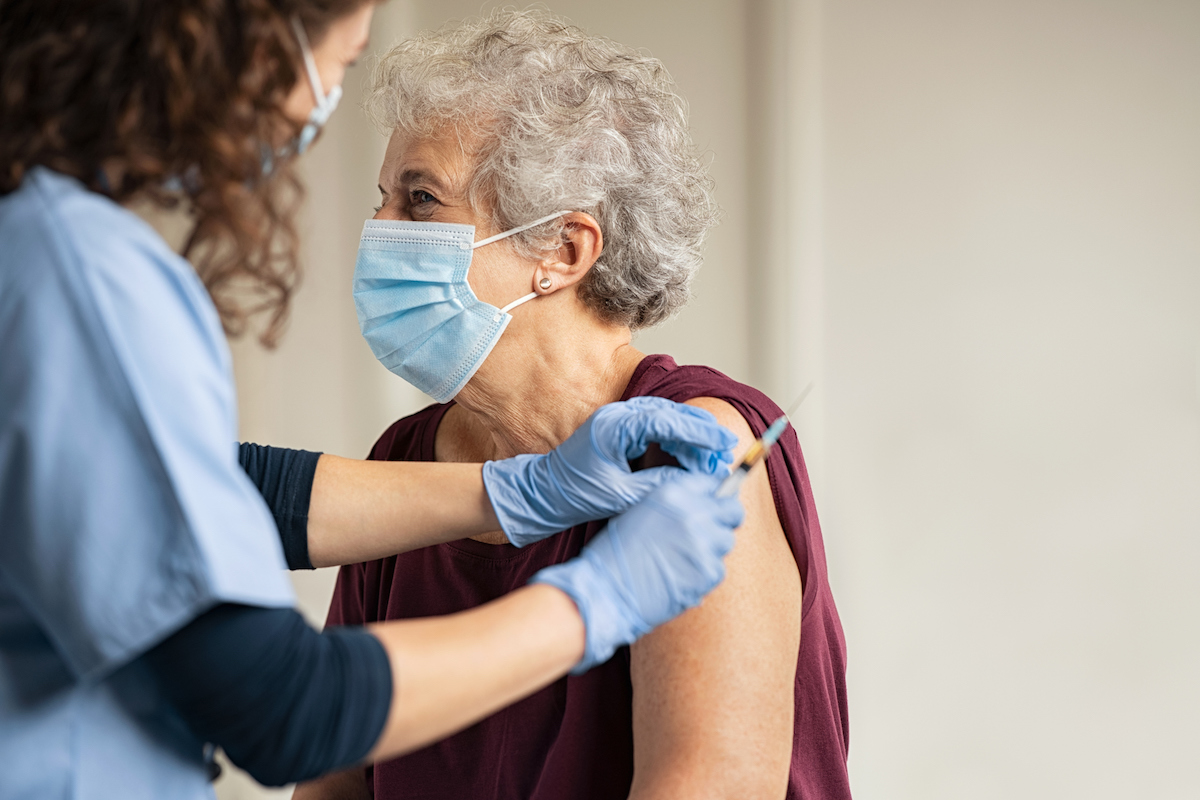<< Back
What’s the Johnson & Johnson Fallout? Here’s a Scientist’s Guide.

April 14, 2021
While only six out of 7 million women suffered from blood clots after getting the Johnson & Johnson vaccine, the decision to pause its use will likely fuel more vaccine hesitancy and potentially impact herd immunity.
“Ethically, we have to be open with people about such potential related symptoms, even knowing the revelation can work against public health efforts to promote the vaccine,” said Dr. Ulysses Wu, director of infectious diseases and epidemiology for Hartford HealthCare.
While he agrees with the recommendation from the Centers for Disease Control and Prevention and the Food & Drug Administration to pause use of the Johnson & Johnson vaccine to investigate the handful of cerebral venous thrombosis cases in vaccinated women, Dr. Wu believes the vaccines are safe and the only way to end the pandemic.
His scientist’s mind turns to the numbers for validation. For every one million doses of Johnson & Johnson vaccine put into arms across the country, he said only one woman reported blood clotting issues. Typically, such venous complications occur in about 14 women per million anyway, he added.
“Is this related to the vaccine or not? That’s what we’re going to try to determine going forward,” Dr. Wu said. “There’s still a lot of science to be done, but we do know that the vaccine, overall, is safe.”
While the nation presses ahead with aggressive vaccination efforts, however, he acknowledged that this news could fuel vaccine hesitancy and, ultimately, prevent development of herd immunity against the lethal virus.
To anyone reluctant to get a COVID-19 vaccine, Dr. Wu offered this:
- “The occurrence of such reactions is extremely rare, and the potential risk from getting COVID itself remains far greater than any risk from the vaccine.”
- “Although possible, there is no causal effect that has been elucidated (connecting the blood clotting condition to the Johnson & Johnson vaccine), so more information needs to be done.”
He said he continues to believe in the strength and value of the one-dose Johnson & Johnson vaccine, which he said is not stronger than the two-dose versions from Moderna and Pfizer, “just different.”